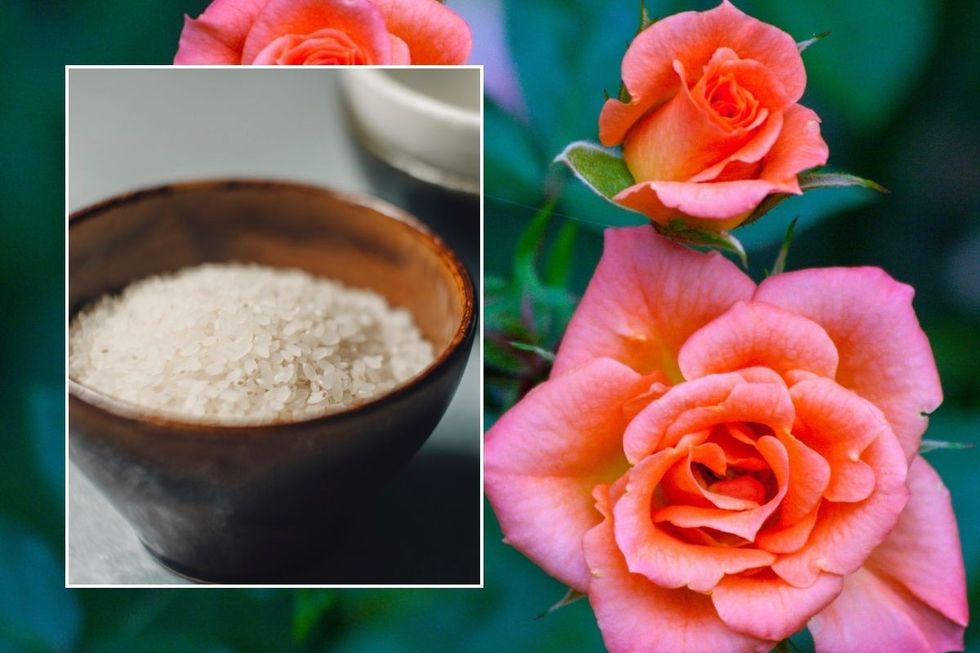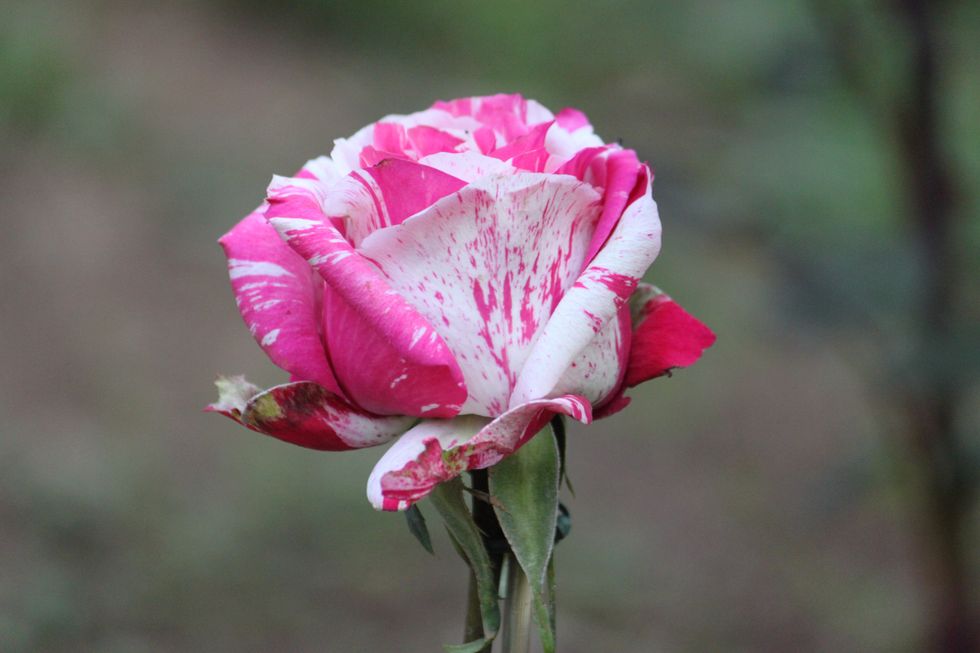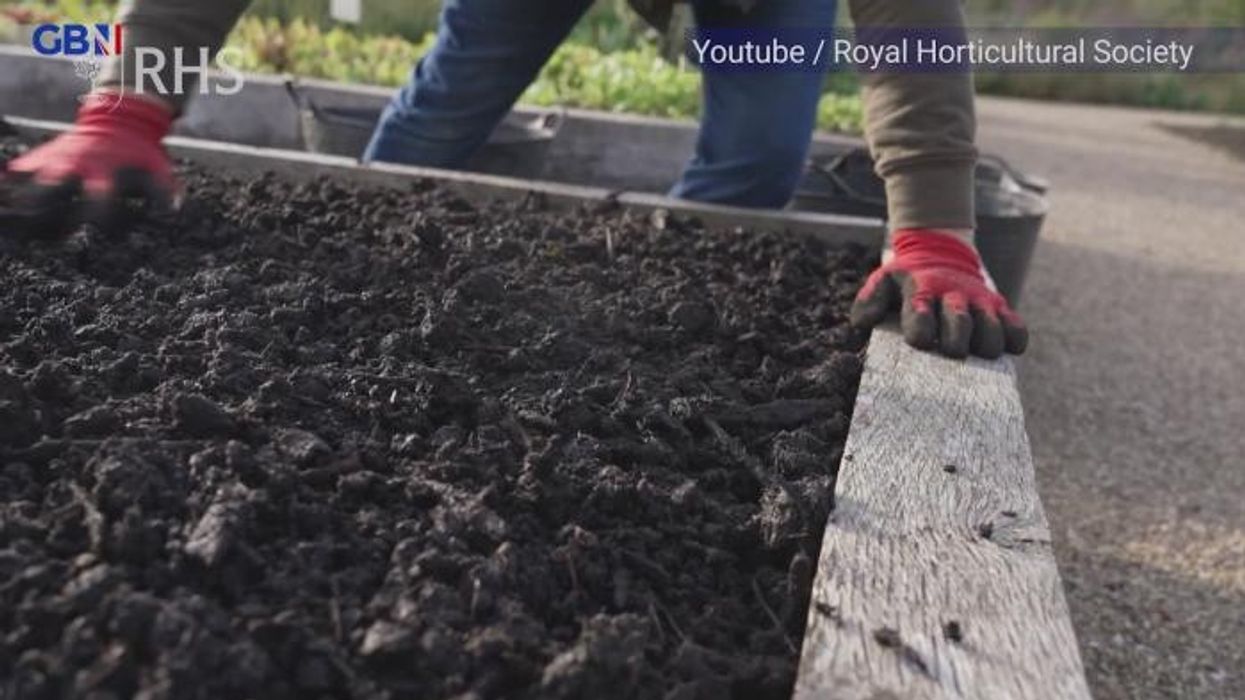Roses: Combo of ingredients to feed your shrubs now for 'abundant blooms' and 'larger flowers'

The flowering plants will benefit from a nutritional boost as they enter their growth phase
Don't Miss
Most Read
Whether you want to brighten your garden or tidy up your beds, Spring is the right time to put your goals into action.
Adequate hydration, soil and sunlight are the building blocks of every successful yield. Fertilisation may not be essential, but it could make all the difference in the number and size of rose blooms.
Although the flowers benefit from a nutritional boost as they come into growth, getting the timing right is imperative.
“To encourage abundant blooms, feed twice a year: in March/April before flowering,” advises the Royal Horticultural Society.

The best months to feed roses are March and April
|GETTY
David Denyer, a gardening expert at Eflorist, detailed the best fertilisers for the 'heavy feeders', naming Epsom salts and alfalfa as top ingredients.
“They require a good amount of nutrients to thrive and produce those beautiful blooms,” the green-thumbed enthusiast told GB News.
“When it comes to fertilising your rose bushes, provide them with a boost of nitrogen either by using a rose-specific fertiliser formulated for spring feeding, or by going the organic route.
“For a natural nitrogen boost and to encourage new cane growth for more, top-dress the soil around the plant base with alfalfa and sprinkle some Epsom salts. Remember to water thoroughly after applying any fertiliser.”
As a fertiliser, alfalfa provides a generous amount of nitrogen, calcium, iron, magnesium, zinc and vitamins.
The natural source of nitrogen has also been recognised for its protective effects against the development of diseases.
Epsom salt, on the other hand, assists in the prevention of magnesium deficiency in flowering plants.
The additional magnesium supply benefits flowering plants by encouraging “more blooms and larger flowers,” according to Martha Stewart.
Other tasks to prioritise in Spring
Touching on other tasks that need immediate attention, David said: “Spring is a time of awakening in the garden, and there’s plenty to do to get your blooms bursting with colour!”
The most crucial chores include tidying flower beds, and removing debris and dead leaves. Maintaining healthy soil is also essential.
LATEST DEVELOPMENTS
 Rose shrubs should be fertilised right after they've been pruned | GETTY
Rose shrubs should be fertilised right after they've been pruned | GETTY“Consider adding compost or well-rotted manure to replenish nutrients," explained David. “Spring is prime time to sowing seeds and planting new perennials and cool-seasons annuals.
"Give your new additions a good start with regular watering and gentle care."
The expert also recommends applying a fresh layer of mulch - a layer of material like bark chippings or compost - around plants.
“This helps retain moisture, keep the soil cool and keep weeds away - perfect conditions for healthy blooms," he explained.











